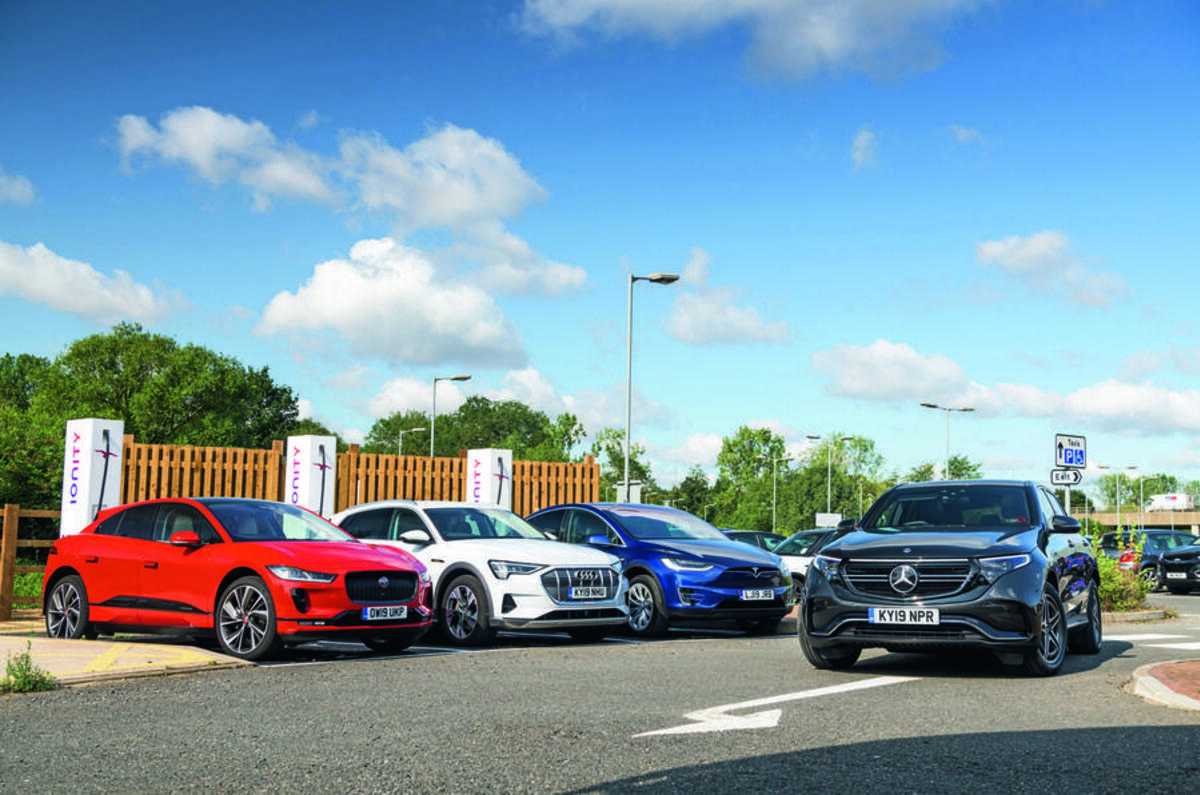I believe that climate change is real, I like electric cars and I want to contribute to saving the planet. Unexpected words from a motoring journalist, eh?
Despite that, today’s news of the introduction of a ban on everything but zero-emission vehicles by 2035 smacks of a government, criticised heavily for not doing enough for the environment, looking for a quick win of public confidence.
That’s not to say that the government shouldn’t encourage the uptake of EVs – it absolutely should. For example, by offering decent incentives for buyers (rather than reducing them as the government did in 2018) or by supporting infrastructure.
Just last month, the Department for Transport announced it was doubling EV charger funding to £10 million with a focus on on-street charging to encourage urban dwellers to buy electric cars.
Yet today, when a minister was asked how much they would invest in infrastructure, the response was “whatever it takes”. That’s as vague a promise as there ever was…
There is, however, a difference between encouragement and a ban. As more and more brands introduce EVs to the market, it’s inevitable that uptake will grow regardless, even if EVs currently only account for 1.6% of the overall new car market.
And then there’s the fact that the ban includes hybrids and plug-in hybrids. It’s true, they emit more CO2 on the road than an EV, but they are also a crucial stepping stone for getting cautious consumers to move away from pure petrol and diesel cars. Today’s announcement risks alienating a whole generation of car buyers who might consider some form of hybrid but not an EV.
But all of this digresses from the crux of the matter. Undoubtedly, the car industry contributes to rising emissions, but what about other key sectors such as aviation and haulage? What about the diesel-chugging buses polluting our roads?
The fear is that today’s news is an easy headline, something that wouldn’t be possible when engaging directly with industry and businesses.
Rather than force a ban on consumers, hitting them in the pocket by forcing them to buy pricier EVs, the government could far more effectively tackle climate change by introducing mandates to business across the breadth of industry.
Already, the automotive industry, pressured by worldwide legislation on emissions, has developed green solutions far more rapidly than its peers. Now it is time for all corners of society to contribute, not just those most visible in our daily lives.
READ MORE
Non-zero-emissions cars to be banned in UK by 2035
New electric cars 2020: What’s coming and when?




Join the debate
Add your comment
reinventing the wheel
Take a popular car.
Don't put the ICE into it.
Insert EV power train.
Sell it to lots of customers.
Not rocket science
The above would greatly reduce the R&D budgets and so reduce OTR cost. Once we can buy an EV FOCUS etc, then design a new model with wholesale style change etc.
Cost and availability of decent sized cars are the big blockers.
Charging sockets can and should be standardised. They need to learn from Apple's mistakes Vs the USB. Manufacturers need to open up, cooperate and take some credit for helping to save the world.
(Copied here from a previous article, as it's also relevant but didn't get any answers there. Apologies if you've ignored it before.)
Why car journalists hamper progress in the climate change debate
Car journalists don't do their job. They only dish up what the industry has to tell and bring them. That's no real journalism. There is more to 'automobility' than reviewing cars (idiots). And when people choke on exhaust gasses or car journalists write about getting stuck in traffic, they blame government.
The job thing....
A few thoughts
Last year the UK produced an average of 1 GW of electricity an hour using coal (acording to the CEGB)
By the end of this year, the Chinese will have coal fired power stations that are capable of producing 1100 GW per hour. So any UK reduction in energy use from fossil fuel is abolutely negligible and futile.
We are always being promised a breakthrough in battery technology 'in the next 5 years'. This makes everyone think - if I buy a BEV now at the high prices they sell at, it will be worthless in 5 years - I'll wait until then.
Current batteries use metallic elements that are mined in apalling conditions in countries where 7 year old children are made to do the mining.